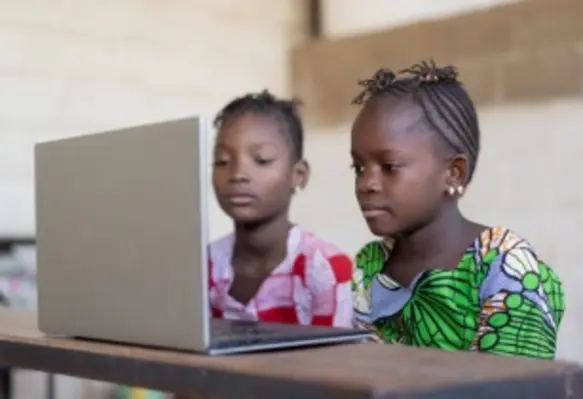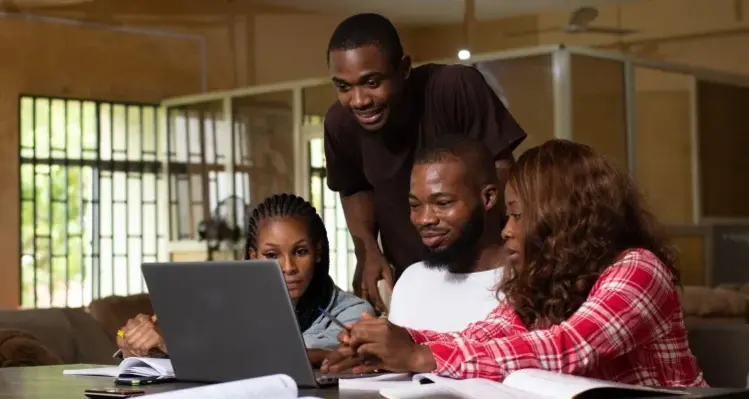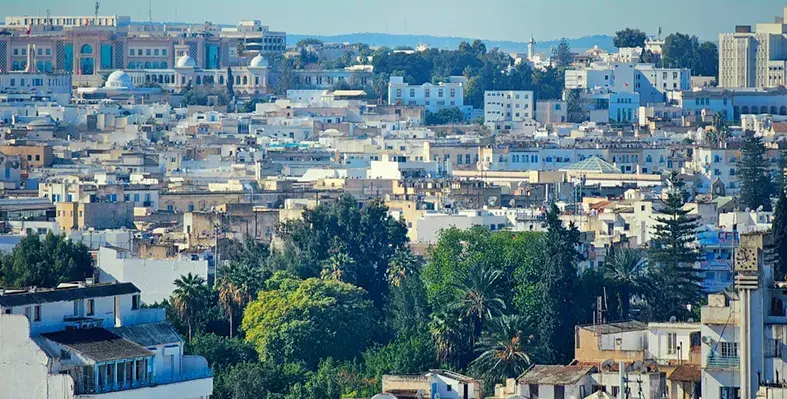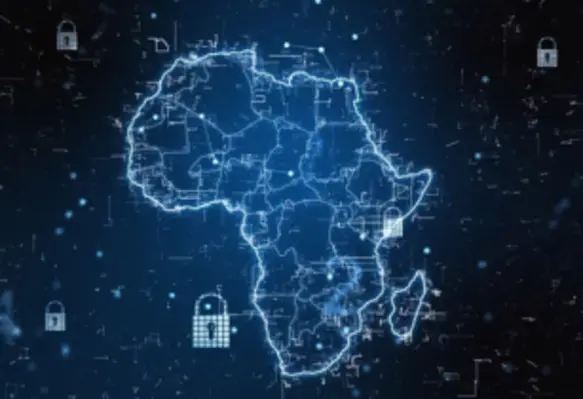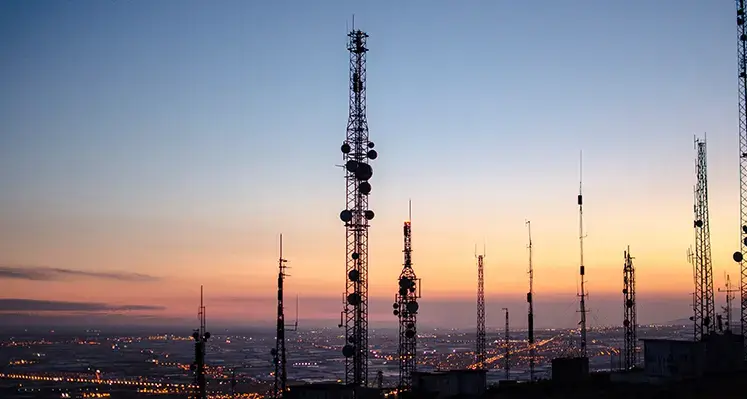Vodacom, Vodafone, and Safaricom highlighted the importance of digital technologies and connectivity
By opening up new opportunities for African youth to learn and for teachers to connect with students in the most remote and rural communities, these resources play an integral role in improving African education systems. But only if the right support mechanisms and policies are in place.
This is one of the key points highlighted in new research by Vodacom Group, Vodafone and Safaricom, launched in partnership with the Nelson Mandela Foundation. The research paper, entitled "How digital technologies can transform education in sub-Saharan Africa" unpacks the current state of education across the continent. It showcases how digital technologies and connectivity, combined with the necessary regulatory frameworks and support from governments as well as industry stakeholders, can be leveraged to mitigate barriers to education across the continent.
The research report outlines that there has been a sharp increase in access to education across Africa in the last 50 – 60 years but, unfortunately, an increase in access does not necessarily translate into a rise in the quality of education being delivered. When coupled with affordable and reliable connectivity, digital tools and technologies offer a cost-effective and scalable solution to this problem by making it possible for young people to connect with highly-skilled educators who can help them translate educational content into valuable knowledge.
"We have witnessed this first-hand via our ecosystem of education projects and initiatives, which seek to provide access to quality educational assets, support remote learning and seek to enhance the overall educational experience for teachers and learners in some of Africa's most under-resourced communities," stated Shameel Joosub, CEO of Vodacom Group.
"Our Vodacom e-School programme in South Africa is a prime example of this", Joosub added. The initiative promotes digital education by providing free access to quality education for Primary and High School students (Grade R to 12). This includes access to digital learning materials (like interactive textbooks, multimedia content and assessments), other educational resources and support services. The platform is available on mobile and desktop devices, free of charge, for all Vodacom customers.
"Access to quality education is critical to combatting intergenerational cycles of poverty and inequality. Nelson Mandela always stressed how important education is, not only for self-actualisation and individual transformation, but also in shifting the trajectory of society towards equity, justice and a shared dignity," commented Verne Harris, acting CEO for the Nelson Mandela Foundation.
While there is no doubt that these digital innovations have the potential to totally transform African education, there are a number of barriers to digital access that prevent African youth from making the most of them.
In action, this means developing and implementing regulations that support digital education, building strategic partnerships and investing in digital infrastructure. In addition to this, African governments have to be enablers of small-scale digital education projects and must make a concerted effort to transform teacher training to meet the demands of digital learning.



